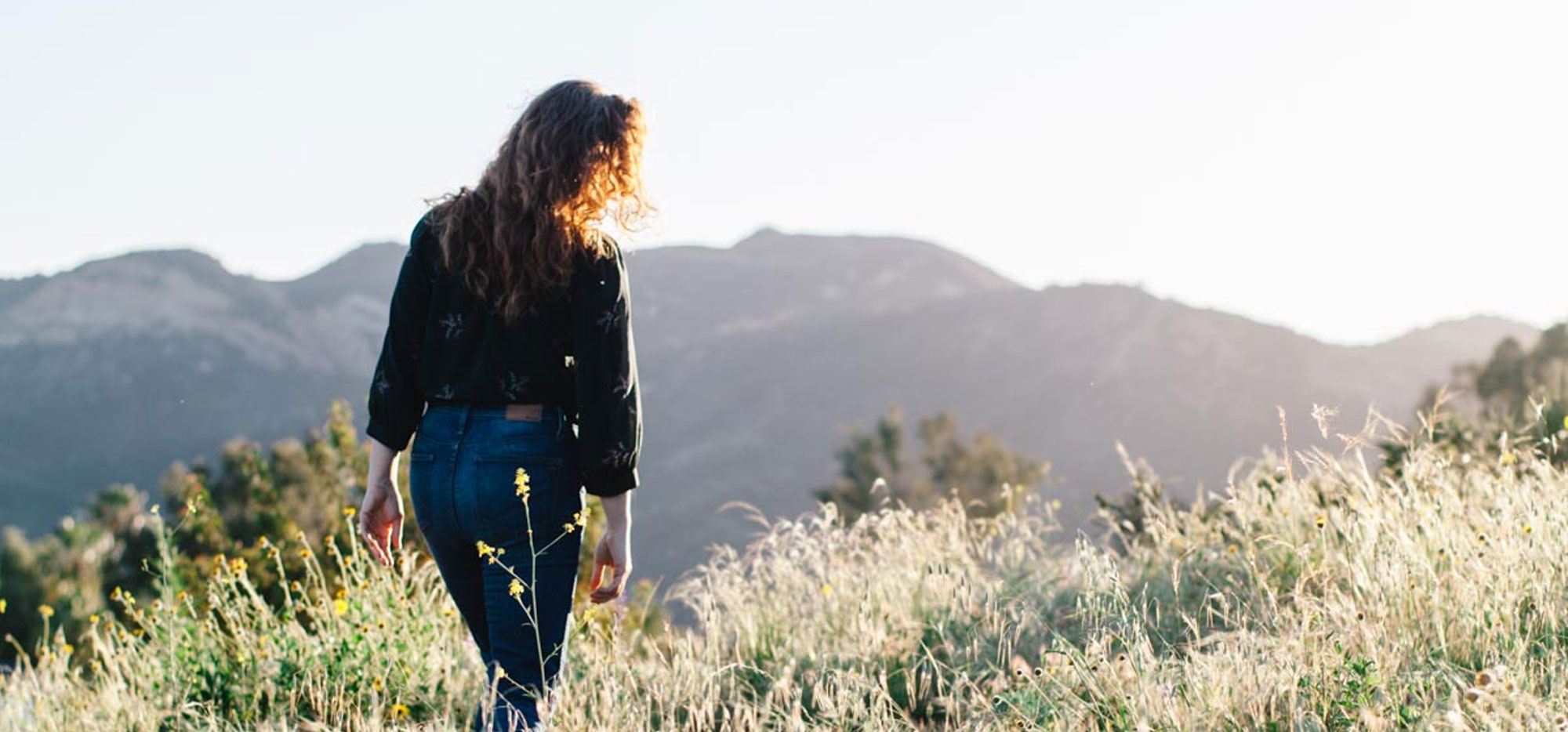
When I was young, whenever I felt depleted or angry or sorrowful, there was one place I consistently looked to for solace: The earth. My mother spent hours on the land every day, weeding, planting flowers, gathering comfrey for herbal salve. Soil and its fruits and blossoms were her gold — she knew how to mine them for the treasures of food, medicine, and energetic relief. And as I grew, she taught me to do the same. Earthing, we called it. We were children of the land, drinking imaginary fairy tea from jacaranda seed-pod tea cups on the slopes of Haleakala, on the island of Maui, Hawaii. Every day, in my Waldorf preschool, we recited Hawaii’s state motto: Ua Mau ke Ea o ka ʻĀina i ka Pono. May the life of the land be perpetuated in righteousness.
This approach, this deep connection to the earth and belief in its capacity to heal, is embedded in all native cultures. In Japan, the practice of shinrin-roku, or forest bathing, is leading the nature therapy industry. A study on the effects of shinrin-roku shows that “forest environments promote lower concentrations of cortisol, lower pulse rate, lower blood pressure, greater parasympathetic nerve activity, and lower sympathetic nerve activity than do city environments”. Moreover, negative ions—oxygen atoms that contain an extra electron, and occur naturally in areas with moving water—have been shown to decrease seasonal affective disorder and improve mood. Finally, exposure to blue and green, colors prevalent in nature, can also have powerful therapeutic effects. Studies have shown that looking at the color blue contributes to feelings of peace and calm, and can actually affect your brain waves.
Of course, imbibing and upholding the land’s sacred essence is a little bit easier—for me, at least—when I’m surrounded by tremendous natural beauty. It’s easy to feel connected to the earth when it looks like tropical rainforest, stunning mountain vistas, and pristine waterfalls. But what’s a city dweller to do? The longer I lived in cities, the more I sought out opportunities to rewild myself. To me, rewilding meant reconnecting with the earth, the land, the sky, the ocean, with anything that reminded me of my essential nature in concert with the planet. It was my own grown up version of earthing.
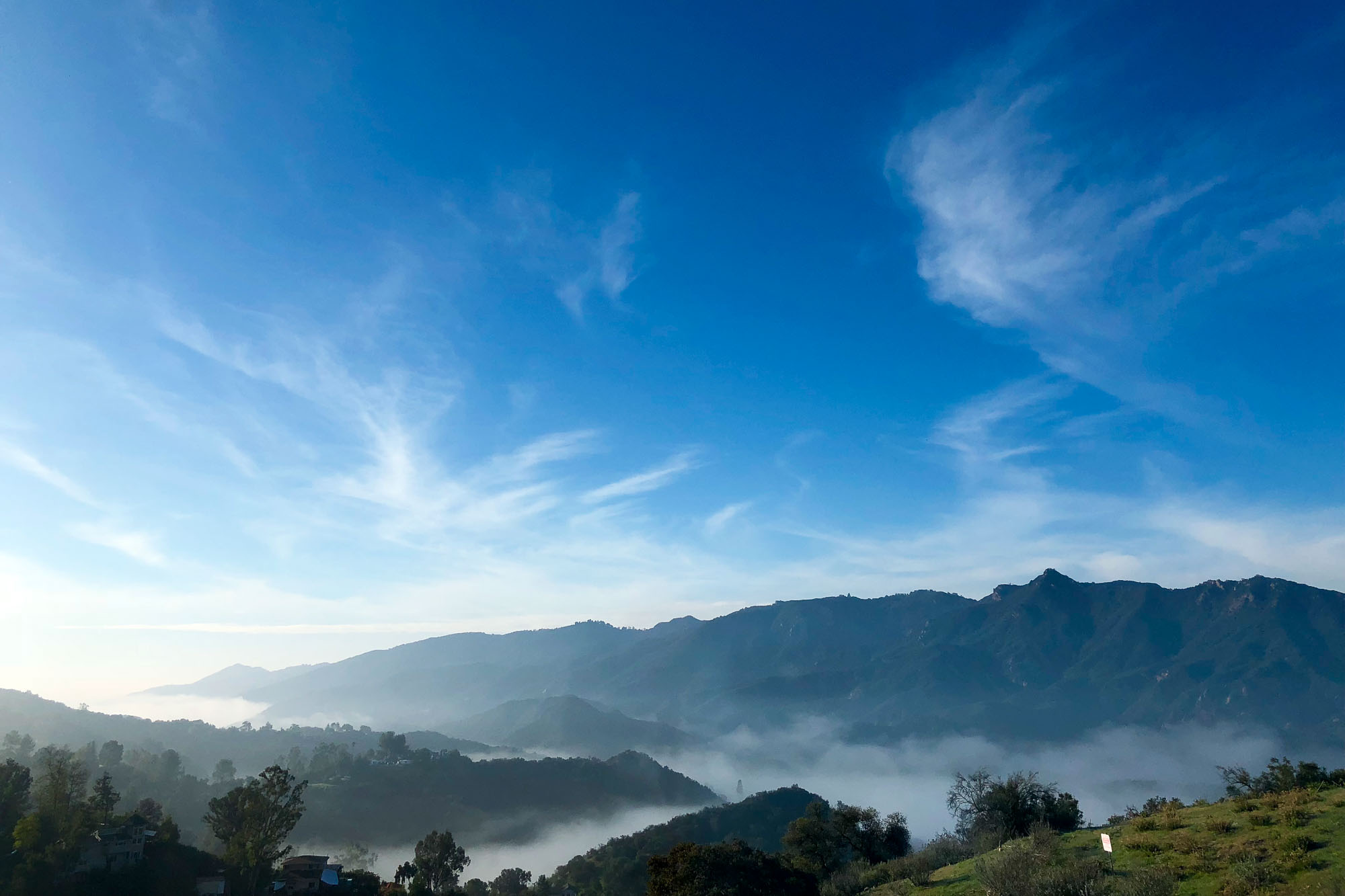
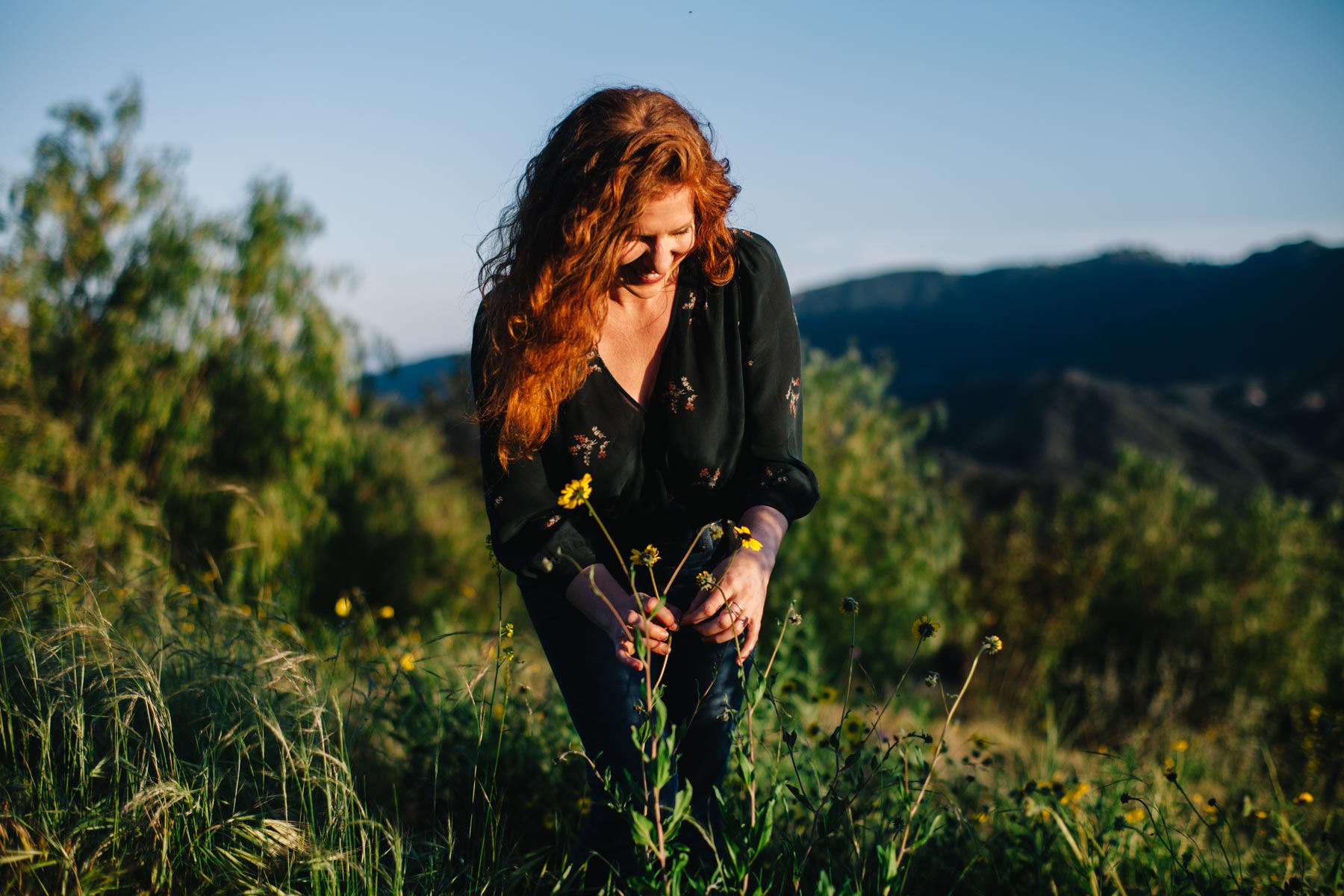
Photo by Haley Davis
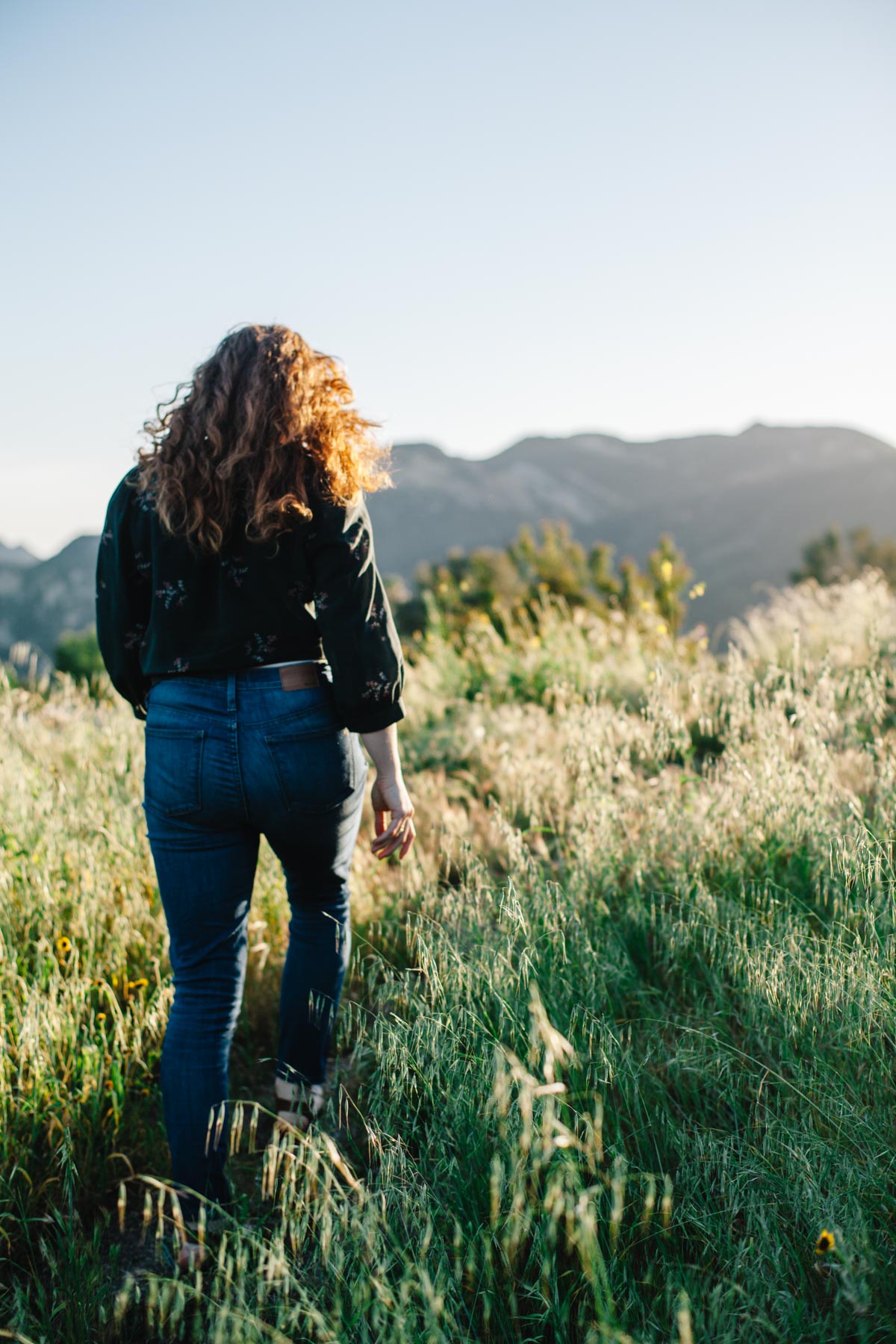
Photo by Haley Davis
Two and a half months ago, I moved from the heart of Los Angeles to Topanga Canyon, a mountain refuge just above the coastline in between Santa Monica and Malibu. Almost all of the photos here are from my new home (and the ones of me, taken by the extraordinary Haley Davis, are in my front yard). Which is to say, I fled the city. I had been living in urban meccas for nearly eight years: San Francisco from 2010 to 2013, in between the Mission and Noe Valley, and Los Angeles from 2013 to 2018. Though the city was deeply nourishing professionally, there was very little shinrin-roku going down. I got to the end of 2017, after a year of traveling for my book, a depleted husk of a person. My bones felt dry. My eyes stung. My lungs ached.
I needed out.
I’d known that I needed out for at least two years, but my hands felt tied, professionally. Yes, I work from home, and yes I could technically do my work from anywhere. But LA is a vibrant hub of creativity, art, and entrepreneurship. I wouldn’t have been able to grow my business, launch my book, or meet as many of you if I had lived elsewhere. This city runs on creativity the way few others do. That is a gift. And yet. I needed out.
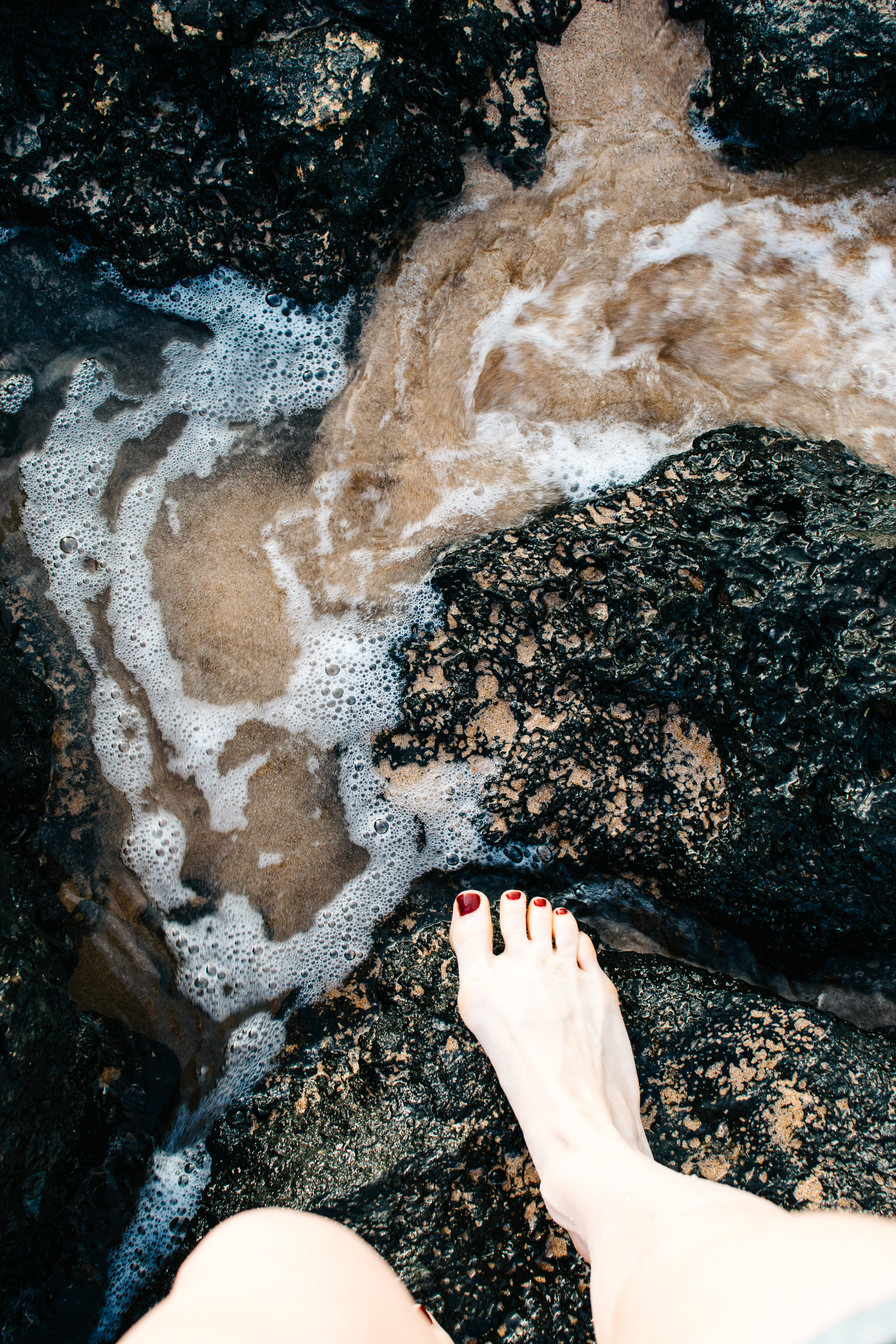
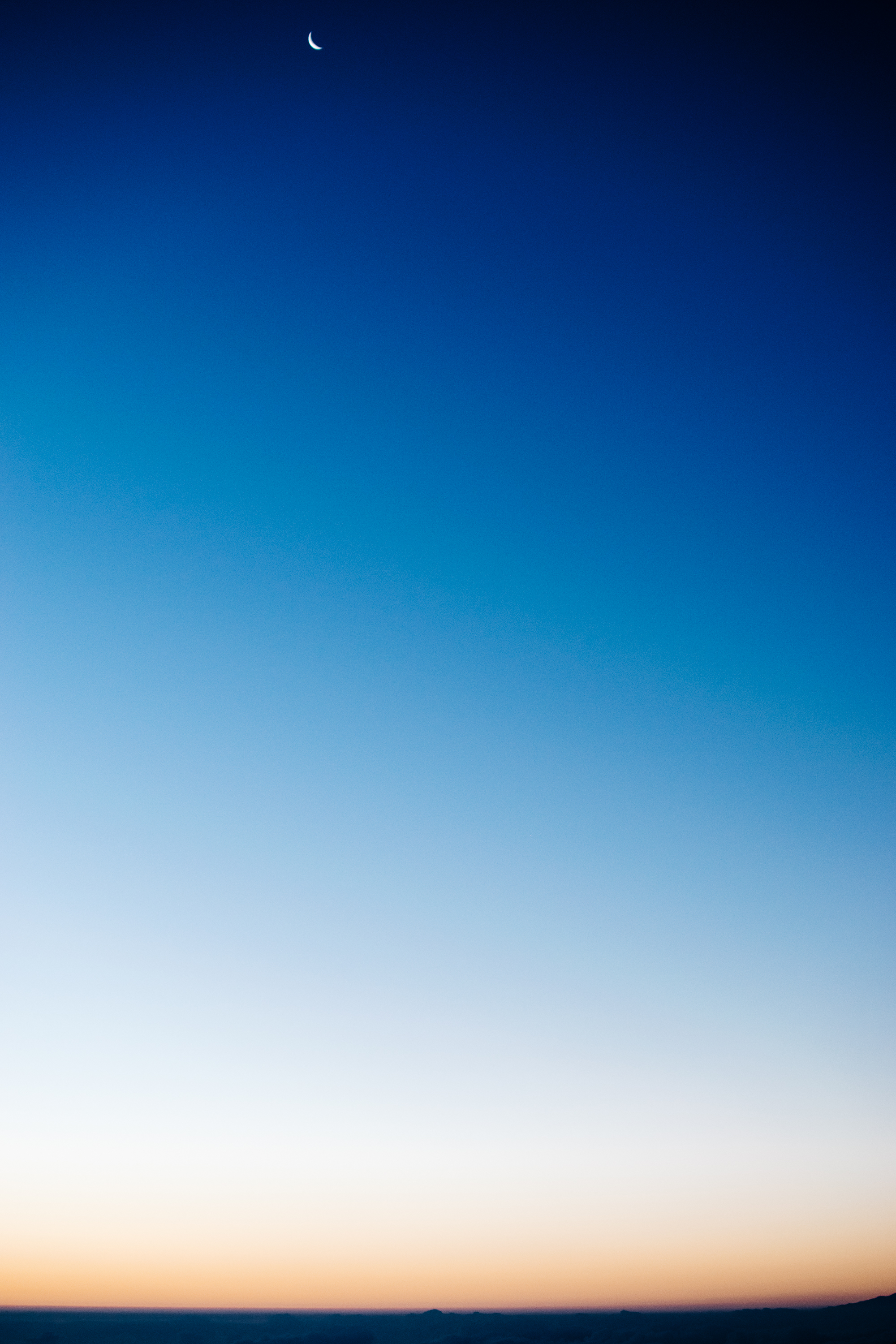
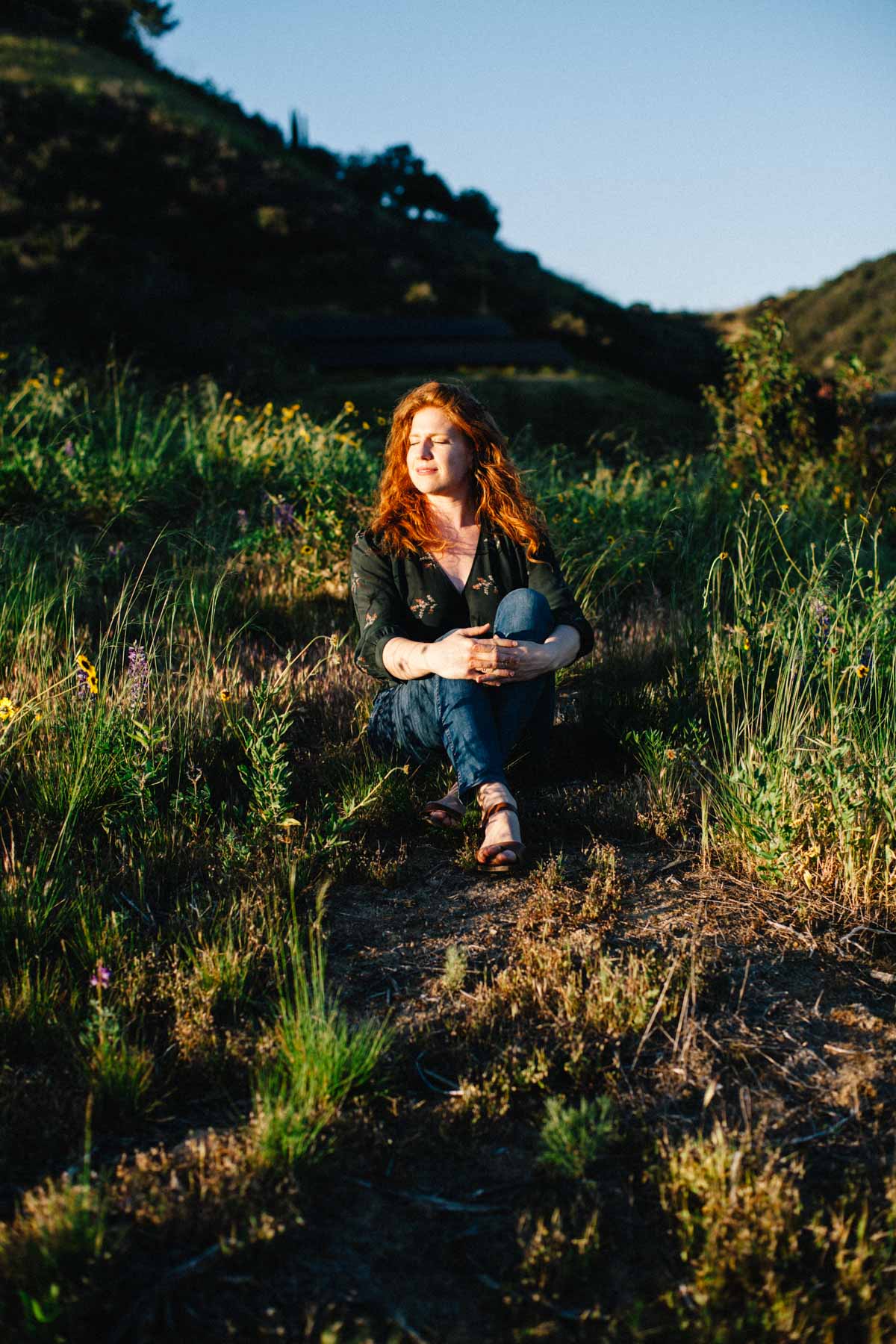
Photo by Haley Davis
I started looking east and west in LA: east to the hills of Echo Park and Mount Washington, and west to Topanga. Always, Topanga. I’d long wanted to move to this seemingly mythic land of mountain and sky, but I worried. Worried I’d be too isolated. Worried it wouldn’t be wise to live out here alone. Worried it would be too difficult to get into and out of the city. But over and over again, I returned to the thought: If I could find the right place—a house of my own on a property with other people, a spot that felt like home, then maybe. Maybe.
And finally, in February, I found it. It was everything I’d been looking for, with expansive views of the canyon, the mountains, and the ocean beyond. It took me twenty minutes to get down to the beach. And yes, a sometimes grueling commute into town. But was it worth it? For the love of shinrin-roku, yes, reader, it was worth it.
But we’re not just here to talk about how I found a way to live that shinrin-roku life. We’re here to suss out simple ways that you, too, can incorporate practices of rewilding into your life, no matter where you live.
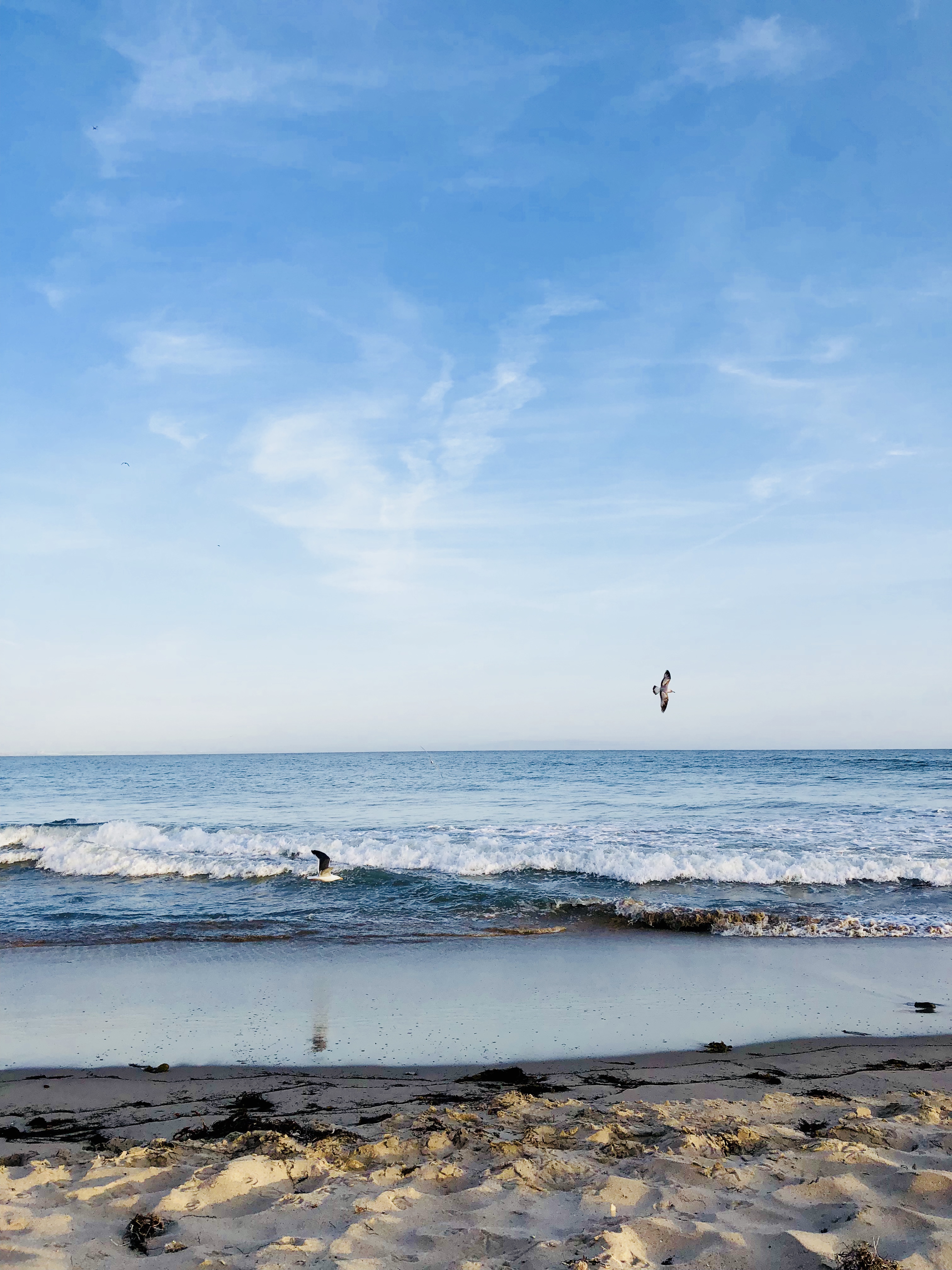
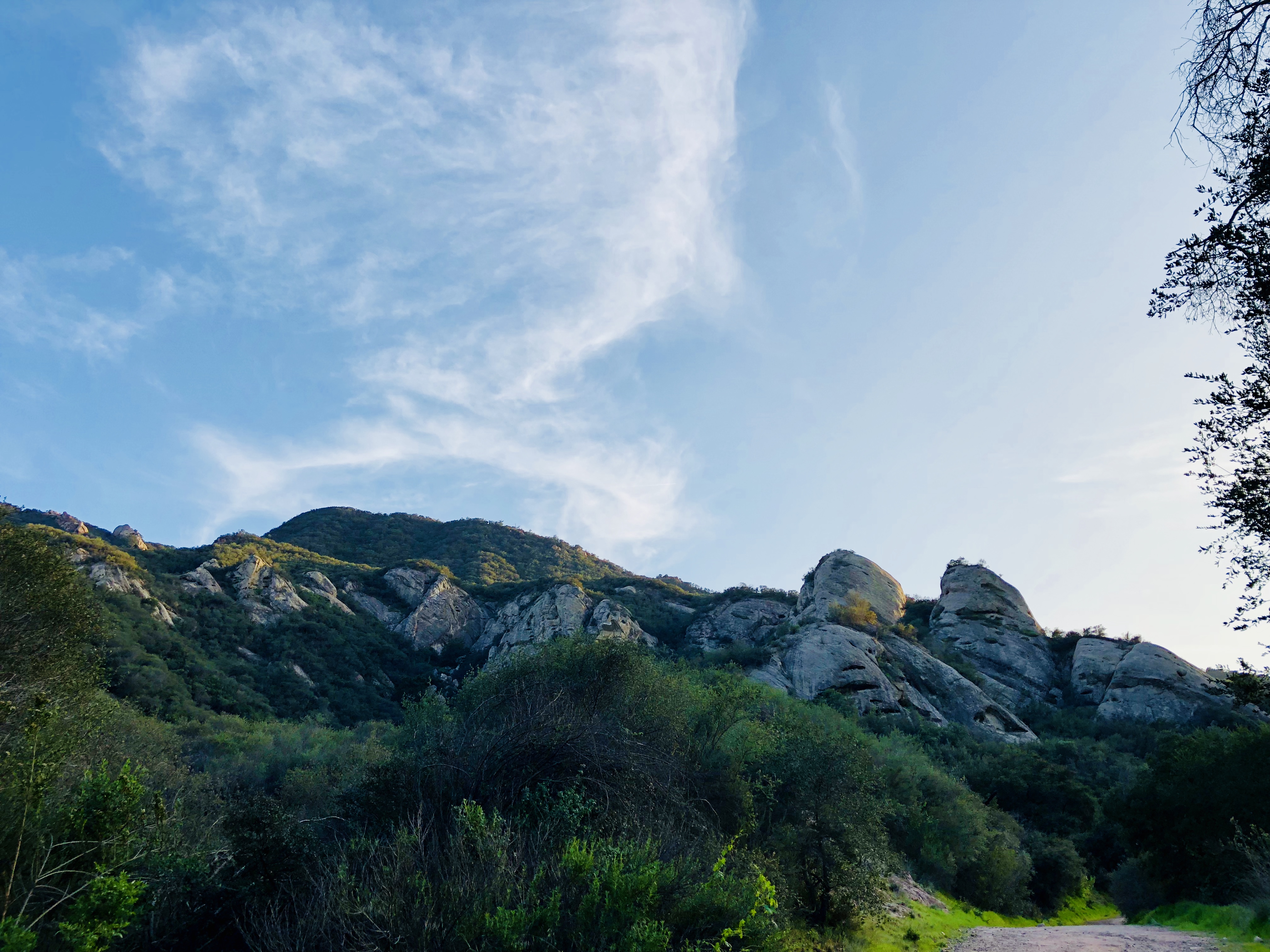
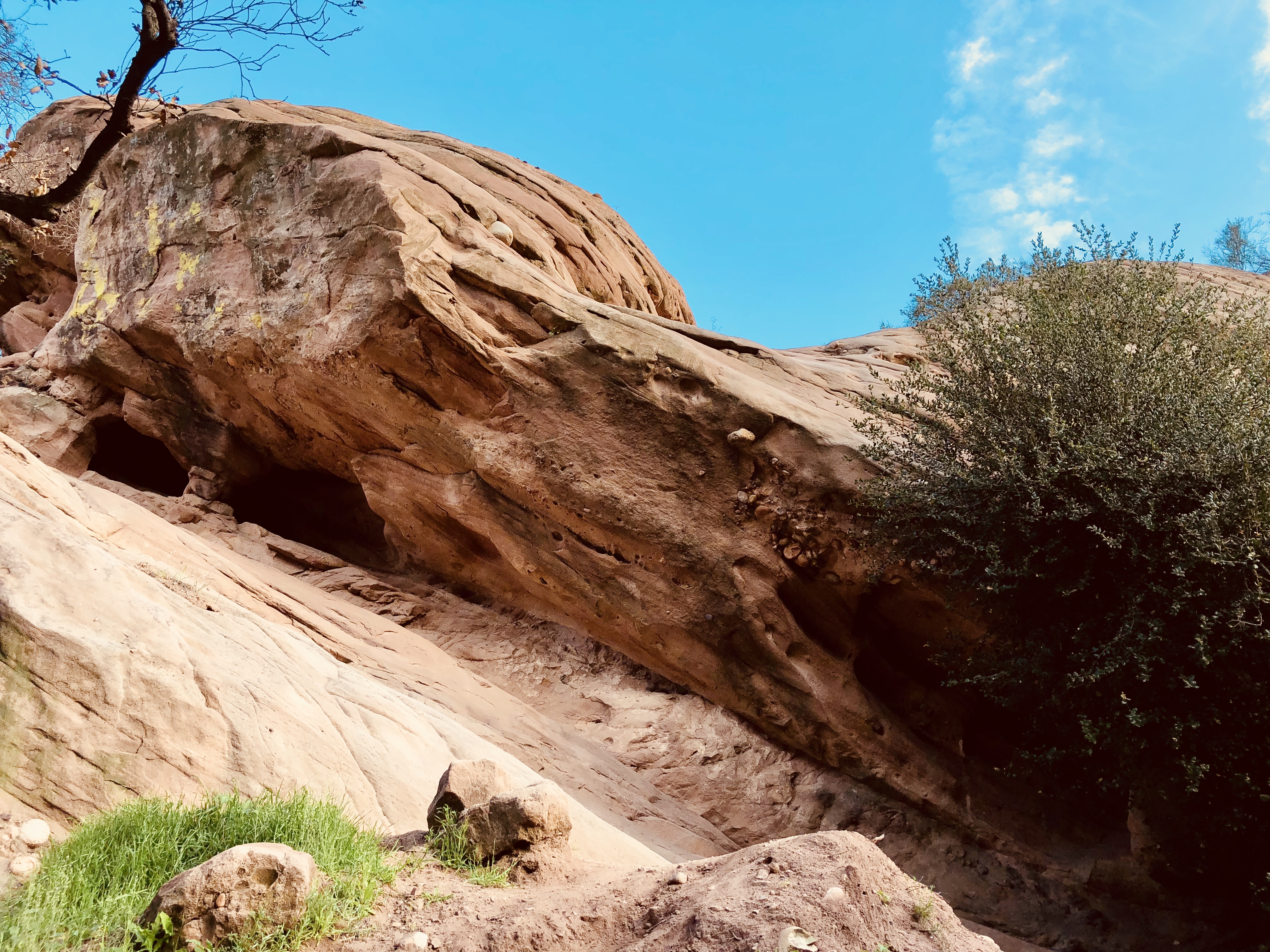
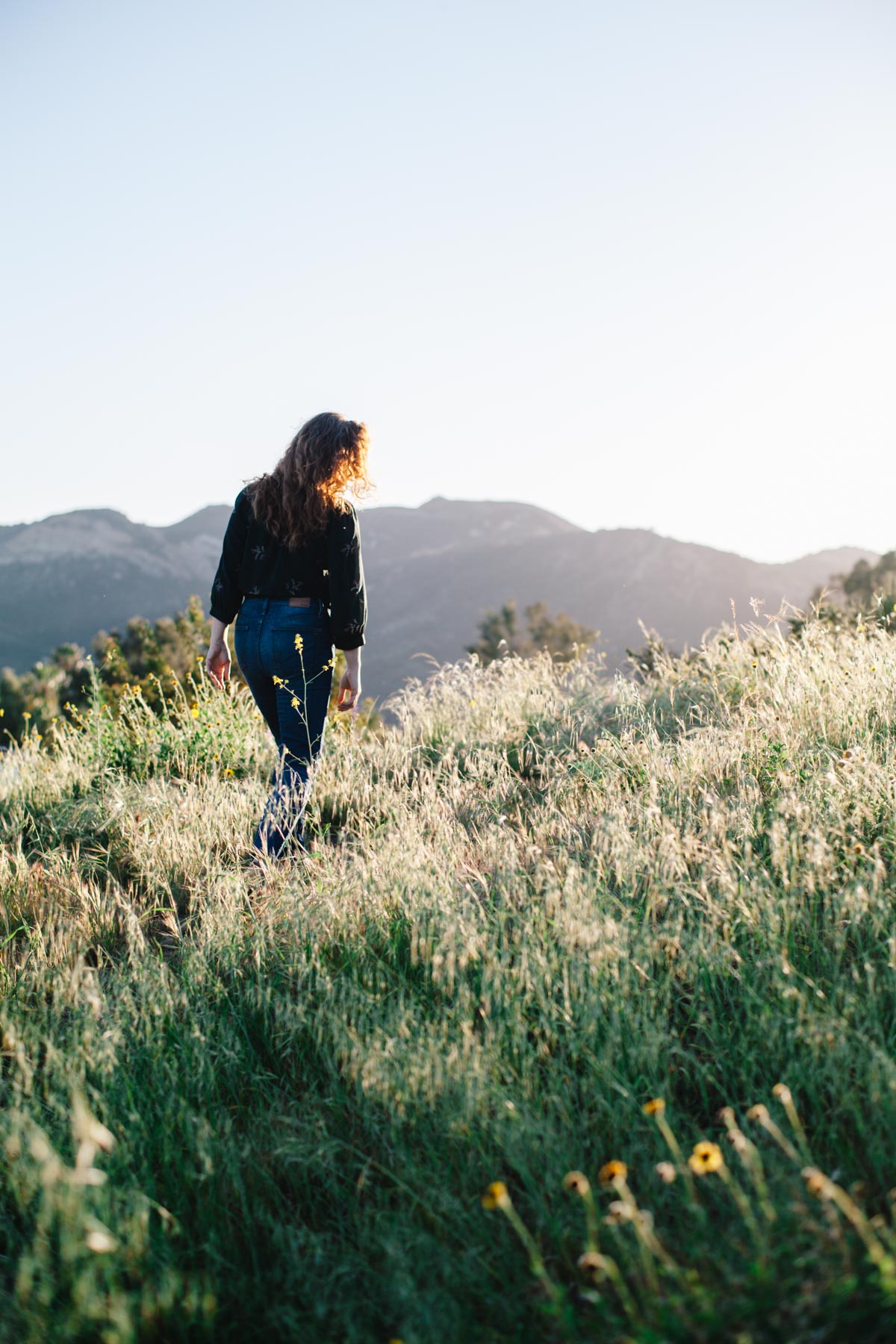
Photo by Haley Davis
WAYS TO REWILD:
- No matter where you are, close your eyes. Place your hand over your heart. Feel your heartbeat. Feel your breath. Slow down. Know that your heartbeat, your breath, are part of the intricate expression of nature. You are separate, but connected. Always.
- If you can, take a few moments to look at the sky. That’s all. Just look at the sky. Take a few breaths. Look at the sky some more.
- Take yourself to any body of water. Spend a few moments observing the water’s surface and its fluctuations.
- As you walk by bushes and trees, touch them. Touch leaves. Touch bark. Feel the unique pulsation of life in each cell you touch.
- Place your hands on the trunk of a tree, close your eyes, and breathe deeply. Feel the power it contains, going back decades and decades of its life. Some trees are thousands of years old. Imagine the power in their trunks.
- If you can, go to the beach, or any body of moving water, fresh or salty. Take off your shoes. Walk down to the shore, and let the water kiss your feet. Kneel down, and touch the palms of your hands to the tidal coming and going of the water. As you exhale, release stress and concern into the water, and let the tide wash it away.
- If you can, make a point to take off your shoes and get your feet in the dirt somewhere. Let your body know there’s an earth out there, and you are a part of it.
- If you can, find a small piece of land to touch with your hands. Perhaps lie down on the earth. Let your body absorb strength from the ever-nurturing land beneath.
- If it’s sunny out, spend a few moments outside with your eyes closed, breathing in the warmth and power of the sun.
- If it’s raining, spend a few moments outside letting the rain touch your skin, breathing in the sweetness of nature’s renewal.
- If you can, watch the sunset, sunrise, moonrise, or moonset. Breathe. Bask in the beauty.
- At night, go outside and look at the moon. Consider your place in the milky way, the universe, the cosmos.



